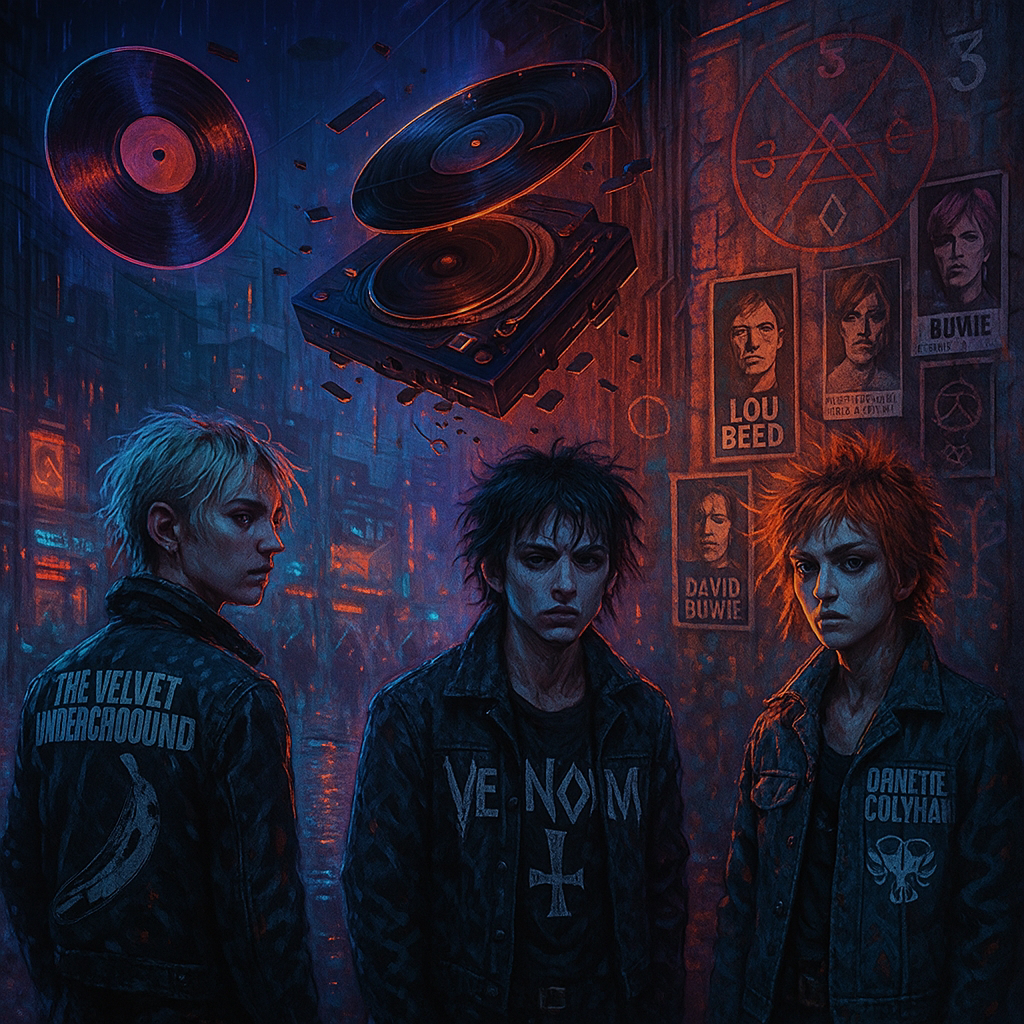Released in February of ’75, Rock ’n’ Roll is Lennon’s love letter to the music that saved him—and maybe a suicide note to the myth of “John Lennon” as a revolutionary. It's doo-wop and early R&B refracted through the smoky mirror of mid-’70s burnout. This was during Lennon’s “Lost Weekend”—an 18-month stretch of alcohol, debauchery, and self-destruction in L.A., cut off from Yoko and grasping at meaning.
The album had a cursed gestation. It began as part of a court settlement: Morris Levy, the publisher of “Come Together,” had sued Lennon for borrowing from Chuck Berry’s “You Can’t Catch Me.” Lennon agreed to record a few Levy-owned oldies in exchange. That deal fell apart. Lennon scrapped the tapes, re-recorded them later, and the result is what we hear: a chaotic, weary, deeply human Rock ’n’ Roll album that plays like a séance more than a celebration.
The voice that once sang “Revolution” now sings “Slippin’ and Slidin’.” The man who gave us Plastic Ono Band now croons “Stand By Me” with more pain than bravado. He sounds drunk, defiant, tender, desperate—sometimes all in the same line. The production is foggy and hot to the touch, like a tube amp on the edge of blowing. Phil Spector was in the mix early on, and his chaotic energy still lingers like gun smoke. (There are legends of Spector pulling a gun in the studio. This wasn’t peace & love—it was chaos & echo.)
Where Bowie’s Young Americans turned to soul for reinvention, and Reed’s Metal Machine Music tore everything down in noise, Lennon turned back—to the stuff that first lit the fuse: Larry Williams, Gene Vincent, Ben E. King, Fats Domino. But he doesn’t sound comfortable in that world anymore. He sounds like someone trying to step into his own teenage dreams and finding them cracked, yellowed, and too small. It’s moving. It’s weird. It’s sad.
In the 1975 Series, Rock ’n’ Roll is the elegy. The sound of a legend trying to find himself by becoming a teenager again—and realizing it doesn’t work like that. It’s a record about disillusionment through devotion. Not rebellion, but reflection. He loved this music so much he tried to live in it again. And he couldn’t.
But that crack in the dream? That’s where the beauty leaks out.
Because Rock ’n’ Roll is, ultimately, the sound of Lennon the fan, not the icon.
The dreamer in a leather jacket.
The teenager in Liverpool with a radio.
The man in a bathrobe with a bottle, remembering.
And when he howls “Stand by meeeee,”
He’s not singing to a lover.
He’s singing to the past.
And hoping it still loves him back.

No comments:
Post a Comment